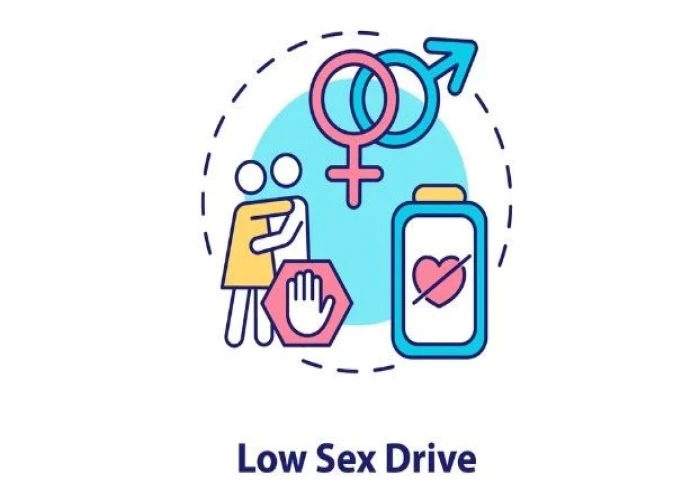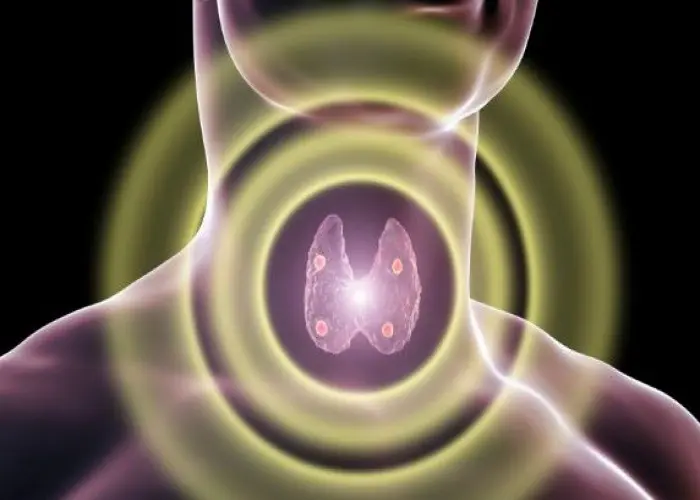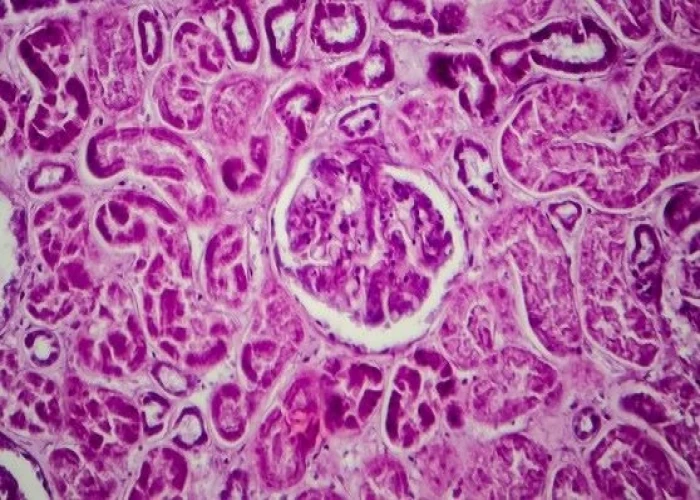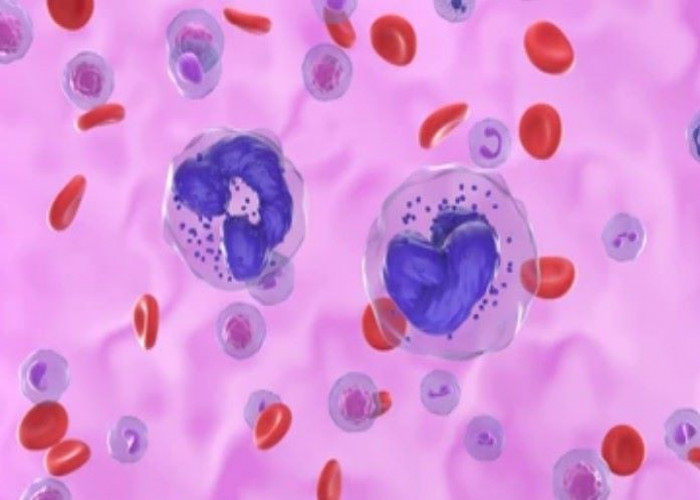 Welcome
Welcome
“May all be happy, may all be healed, may all be at peace and may no one ever suffer."
Chronic myelogenous leukemia

Chronic myelogenous leukemia (CML) is a type of cancer that affects the white blood cells, specifically the myeloid cells, and is characterized by the presence of an abnormal chromosome called the Philadelphia chromosome. CML is a slowly progressing cancer and may not cause symptoms in its early stages. As the disease progresses, common symptoms may include fatigue, weakness, night sweats, abdominal discomfort, and weight loss. The exact cause of CML is not well understood, but it may be related to genetic mutations or exposure to certain environmental factors. Treatment for CML may include targeted therapy with drugs called tyrosine kinase inhibitors (TKIs), chemotherapy, immunotherapy, or a combination of treatments. TKIs are the mainstay of treatment and have revolutionized the management of this disease. It is important to see a healthcare provider if you are experiencing symptoms or are at risk for CML to receive an accurate diagnosis and appropriate treatment.
Research Papers
Disease Signs and Symptoms
- Bone pain
- Fever
- Weight loss
- Loss of appetite
- Excessive sweat
- Feeling full soon after eating
- Sweating during sleep
Disease Causes
Chronic myelogenous leukemia
Chronic myelogenous leukemia occurs when something goes awry in the genes of your bone marrow cells. It's not clear what initially sets off this process, but doctors have discovered how it progresses into chronic myelogenous leukemia.
An abnormal chromosome develops
Human cells normally contain 23 pairs of chromosomes. These chromosomes hold the DNA that contains the instructions (genes) that control the cells in your body. In people with chronic myelogenous leukemia, the chromosomes in the blood cells swap sections with each other. A section of chromosome 9 switches places with a section of chromosome 22, creating an extra-short chromosome 22 and an extra-long chromosome 9.
The extra-short chromosome 22 is called the Philadelphia chromosome, named for the city where it was discovered. The Philadelphia chromosome is present in the blood cells of 90 percent of people with chronic myelogenous leukemia.
The abnormal chromosome creates a new gene
The Philadelphia chromosome creates a new gene. Genes from chromosome 9 combine with genes from chromosome 22 to create a new gene called BCR-ABL. The BCR-ABL gene contains instructions that tell the abnormal blood cell to produce too much of a protein called tyrosine kinase. Tyrosine kinase promotes cancer by allowing certain blood cells to grow out of control.
The new gene allows too many diseased blood cells
Your blood cells originate in the bone marrow, a spongy material inside your bones. When your bone marrow functions normally, it produces immature cells (blood stem cells) in a controlled way. These cells then mature and specialize into the various types of blood cells that circulate in your body — red cells, white cells and platelets.
In chronic myelogenous leukemia, this process doesn't work properly. The tyrosine kinase caused by the BCR-ABL gene allows too many white blood cells to grow. Most or all of these cells contain the abnormal Philadelphia chromosome. The diseased white blood cells don't grow and die like normal cells. The diseased white blood cells build up in huge numbers, crowding out healthy blood cells and damaging the bone marrow.
Disease Prevents
Disease Treatments
The goal of chronic myelogenous leukemia treatment is to eliminate the blood cells that contain the abnormal BCR-ABL gene that causes the overabundance of diseased blood cells. For most people, treatment begins with targeted drugs that may help achieve a long-term remission of the disease.
Targeted drug therapy
Targeted drugs are designed to attack cancer by focusing on a specific aspect of cancer cells that allows them to grow and multiply. In chronic myelogenous leukemia, the target of these drugs is the protein produced by the BCR-ABL gene — tyrosine kinase.
Targeted drugs that block the action of tyrosine kinase include:
- Imatinib (Gleevec)
- Dasatinib (Sprycel)
- Nilotinib (Tasigna)
- Bosutinib (Bosulif)
- Ponatinib (Iclusig)
Targeted drugs are the initial treatment for people diagnosed with chronic myelogenous leukemia. Side effects of these targeted drugs include swelling or puffiness of the skin, nausea, muscle cramps, fatigue, diarrhea and skin rashes.
Blood tests to detect the presence of the BCR-ABL gene are used to monitor the effectiveness of targeted drug therapy. If the disease doesn't respond or becomes resistant to targeted therapy, doctors may consider other targeted drugs, such as omacetaxine (Synribo), or other treatments.
Doctors haven't determined a safe point at which people with chronic myelogenous leukemia can stop taking targeted drugs. For this reason, most people continue to take targeted drugs even when blood tests show remission of the disease. In certain situations, you and your doctor might consider stopping treatment with targeted drugs after considering the benefits and risks.
Bone marrow transplant
A bone marrow transplant, also called a stem cell transplant, offers the only chance for a definitive cure for chronic myelogenous leukemia. However, it's usually reserved for people who haven't been helped by other treatments because bone marrow transplants have risks and carry a high rate of serious complications.
During a bone marrow transplant, high doses of chemotherapy drugs are used to kill the blood-forming cells in your bone marrow. Then blood stem cells from a donor are infused into your bloodstream. The new cells form new, healthy blood cells to replace the diseased cells.
Chemotherapy
Chemotherapy is a drug treatment that kills fast-growing cells in the body, including leukemia cells. Chemotherapy drugs are sometimes combined with targeted drug therapy to treat aggressive chronic myelogenous leukemia. Side effects of chemotherapy drugs depend on what drugs you take.
Disease Diagnoses
Disease Allopathic Generics
Disease Ayurvedic Generics
Disease Homeopathic Generics
Disease yoga
Chronic myelogenous leukemia and Learn More about Diseases

Adrenoleukodystrophy

Low sex drive in women

Hives (Cold urticaria)

Borderline personality disorder

Bone cancer

Creutzfeldt-Jakob disease

Hypoparathyroidism

Lupus nephritis
Chronic myelogenous leukemia, Myelogenous leukemia, দীর্ঘস্থায়ী মাইলোজেনাস লিউকেমিয়া
To be happy, beautiful, healthy, wealthy, hale and long-lived stay with DM3S.
